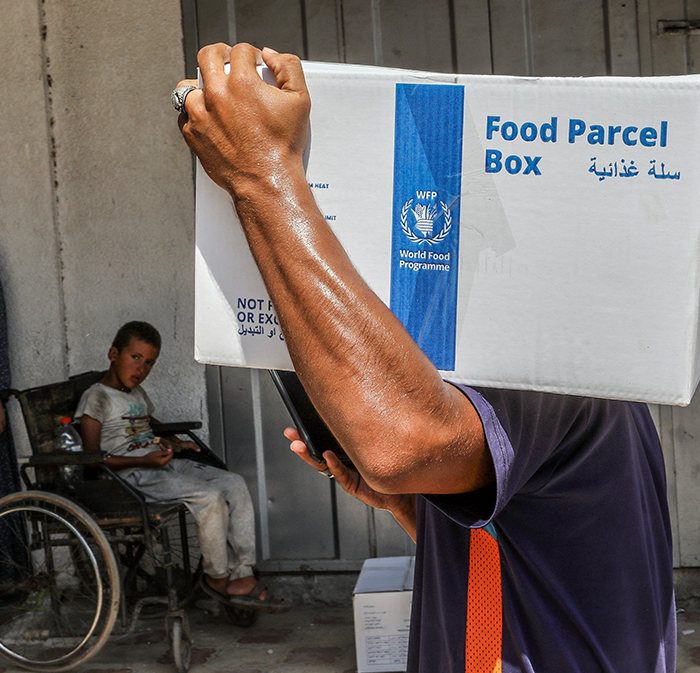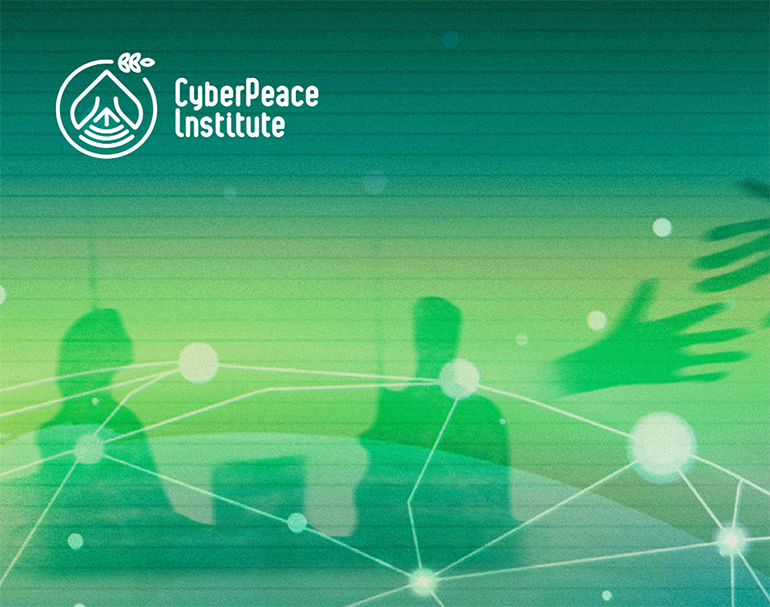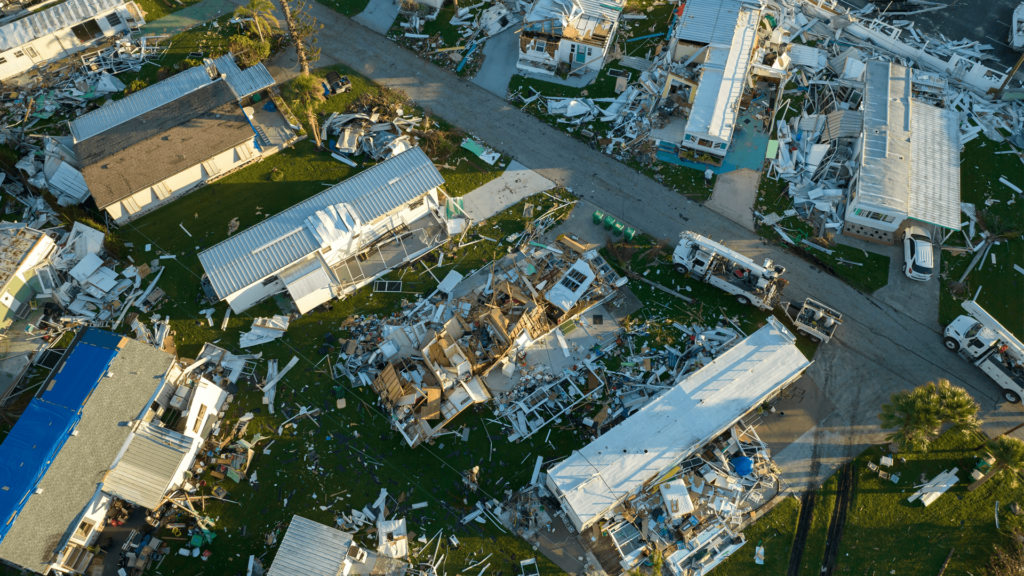About Insecurity Insight:
- A humanitarian to humanitarian (H2H) association founded in 2008
- Headquartered in Geneva, Switzerland
- Supports the work of aid agencies, providers of healthcare, education, and protection services, and other civil society organizations by providing publicly available information for evidence-based policies
Founded with a mission to monitor conflict-related violence, Insecurity Insight specializes in documenting how conflicts impact humanitarian aid, access to healthcare, food security, education, and protection systems. By tapping into the voices and experiences of conflict-affected populations, the association aims to ensure that these critical perspectives are included in the global policy-making process.
For over 10 years, Insecurity Insight has been the leading organization in tracking attacks on healthcare by using publicly available information. In the past few years, the organization extended its focus to also identifying attacks against food systems in highly food-insecure, conflict-affected areas, such as the West Bank, Gaza, Sudan, Mali, Niger, Myanmar, Ukraine, and more. By reporting on these attacks, Insecurity Insight helps keep humanitarian organizations, policymakers, and aid agencies informed, leading to effective solutions to address food security crises.
“The highest levels of food insecurity are recorded in conflict. If you want zero hunger, you’ve got to ensure protection of healthcare systems in conflict,” said Christina Wille, Insecurity Insight Director. “Maintaining food systems during conflict is just as crucial as keeping healthcare services operational in order to prevent high levels of conflict-related deaths beyond those caused by direct violence.”
Becoming a Dataminr AI for Good Partner
When Dataminr announced in 2023 its AI for Good program, which aims to support NGOs and multilateral organizations in building tailored AI solutions, Insecurity Insight saw an opportunity to enhance its data collection process, which was challenged by increasingly inaccessible conflict zones and a rapidly growing volume of information.
Prior to working with Dataminr, reliance on manual data collection methods hindered the scope, speed, and efficiency of Insecurity Insight’s work. Incidents reported from local communities were limited due to language barriers, restricted access in conflict zones, and labor-intensive workflows. Additionally, as a not-for-profit organization, securing the funding for advanced technology solutions had been difficult. The specialized tool co-created through Dataminr’s AI for Good program bridged this gap, resulting in significant improvements.
We spoke with Christina Wille, Insecurity Insight Director, to learn about her collaboration with Dataminr and its most valuable benefits.
The Value of Partnership With Dataminr
Instead of making one-size-fits-all solutions, Dataminr’s AI researchers and Social Good team developed a bespoke AI tool designed around Insecurity Insight’s limited resources, ensuring compatibility with their existing systems. The iterative design process involved consistent feedback and adaptation, demonstrating Dataminr’s commitment to understanding and helping Insecurity Insight address their unique challenges.
“I really felt that the Dataminr team listened to what we needed and tried to build solutions for our very specific issues, rather than rolling out a cookie-cutter tool that was made for other people before,” said Wille.
Four key benefits Insecurity Insight has gained from the AI for Good program include:
No. 1. Data coverage in more languages
One of the most impactful improvements was Insecurity Insight’s new ability to detect local incidents reported in Arabic and French. Previously, Wille’s team was only able to monitor and capture English-language data, leaving out critical information from non-English speaking conflict zones.
This expanded coverage of languages enables Wille’s team to gain richer insights into incidents, offering a more holistic view of events unfolding globally. Having access to multilingual narratives also helps reduce biases that may emerge from relying solely on English sources, providing a more balanced understanding of complex conflict zones.
“If we just use a narrative that is in English, we get a particular view on the world that may not be the most appropriate in some conflict context,” said Wille. “Being able to access data in Arabic and French is expanding our ability to capture events in really important ways—not only in quantity but also in perspective.”
No. 2. Improved access to information in remote and conflict zones
With Dataminr’s AI model, Wille and her team can now gather information from restricted conflict areas and less accessible regions.
“[The model] allows us to access information from conflict-affected areas that are physical no-go zones in a much better way. And that really contributes to being able to record the experiences of more people,” said Willie. “This is extremely important in the current environment where there are more conflicts, which in turn reduces the areas outsiders can physically go to.”
This improved access of information is highly beneficial, as it lets Insecurity Insight broaden their visibility into incidents that previously might have been overlooked. As a result, policymakers, advocacy groups, and humanitarian aid agencies can ensure their work reaches more communities in need.
No. 3. Cost and labor savings
According to Wille, “for a long time, humanitarian assessments have always been done on the ground, which is very costly in staff time, travel time, and hotel expenses.”
By implementing the tailored AI model, rather than spending its resources on gathering information, Insecurity Insight is able to “make information flows more efficient, drive down costs, and allow money to be allocated to where it has direct impact on affected populations.”
No. 4. Enhanced credibility and insights
The structured, AI-processed data—made possible with the new AI model—has contributed to producing impactful reports used in global policy discussions, such as reports presented to the UN Secretary-General, influential NGOs and advocacy groups. In particular, this data plays a crucial role in reports on conflict-related hunger and health care, underscoring the intersection between geopolitical complications and food insecurity and access to health care in conflict.
Real-World Applications and Impact
Over the past year, Insecurity Insight’s partnership with Dataminr has already demonstrated tangible benefits, both for the organization and the broader humanitarian community. The following are some notable causes for which Insecurity Insight has used its AI tool.
- United Nation’s Sustainable Development Goal 2: Zero Hunger: By documenting incidents where conflict affects food systems, such as the bombing or closure of markets and critical infrastructure, Insecurity Insight can support efforts aligned with the UN’s Goal 2—creating a world free of hunger by 2030. The collected data Insecurity Insight supports the Coalition Against Conflict and Hunger, and the data is shared with organizations like Action Against Hunger, Oxfam, UN World Food Programme, and Save the Children, enabling more targeted interventions.
“We identify where a food system has been impacted by conflict. The data we collect is directly informing agencies that are dedicated to addressing food insecurity,” said Wille. “They consider it a vital source of information to use within the broader political and diplomatic processes.”
- Violence Against Health Care in Conflict: The new AI model plays a significant role in supporting the documentation of damage and destruction to healthcare in conflict settings. Insecurity Insight uses the classifier function to identify relevant events for further examination and verification, which are then used as the basis to produce the annual Safeguarding Health in Conflict Coalition report. These verified incidents are also made available through the Global Health Map.
“In 2024, Insecurity Insight documented over 3,600 incidents of violence against healthcare in conflict—a 15% increase compared to 2023, and a 62% surge compared to 2022. This sharp rise reflects a troubling erosion in respect for international humanitarian law, as parties to conflict increasingly target healthcare,” said Wille. “AI-supported search functions played a critical role in enabling us to keep pace with the scale of this growing damage and devastation.”
- Gender-Based Violence Monitoring: The new AI model is instrumental in updating existing data on conflict-related, gender-based violence, which continues to inform high-level UN discussions on the issue and become part of globally referenced figures.
“We’ve been capturing conflict-related sexual violence and turning it into structured data. The UN uses our data to conduct an analysis, which then drives policy,” said Wille. “The new Dataminr’s AI model will let us continuously update this figure.”
- Localized Incident Reporting: Insecurity Insight uses the data the AI model collects to identify incidents affecting local NGOs, who are not always able to participate in collaboration structures. This information can enable international aid agencies working through local partners to develop more equitable risk sharing approaches.
For example Protect Aid Workers, a rapid-response mechanism developed to support NGOs affected by conflict violence. The project provides direct financial assistance and legal aid to “aid workers who have experienced security incidents, are under immediate threat of harm, or have been arrested and/or are facing legal charges due to their work as a humanitarian.”
According to Wille, Protect Aid Workers uses Insecurity Insight’s information—garnered by the AI model—to identify and support aid workers and agencies impacted by conflict, including contacting to inform them about Protect Aid Workers’ services.
“I know Protect Aid Workers is extremely grateful for us continuously feeding them this information. Without it, it would be much more difficult to find out when a local NGO may be badly impacted, as well as to identify those that may not be aware an organization like Protect Aid Workers exists,” said Wille.
The Importance of Private-Public Partnership
As Wille stated, Insecurity Insight’s collaboration with Dataminr is not just valuable but essential. The AI for Good program allows small nonprofits, like Insecurity Insight, to access tools and technologies usually more accessible for private sector entities.
“It’s really nice to see companies like Dataminr invest in AI solutions for humanitarian purposes,” said Wille. “Otherwise, we’ll probably see an increasing gap between private sector companies that can invest in new opportunities and the not-for-profit sector that just can’t keep up with technologies, until they are much cheaper.”
Furthermore, the partnership between Dataminr and Insecurity Insight showcases how AI can enhance humanitarian efforts in monitoring, understanding, and responding to global conflicts. By improving information accessibility and data collection efficiency, the new AI model has not only transformed Insecurity Insight’s internal workflows but also contributed to achieving humanitarian goals.
“We really needed this very bespoke solution. Just being able to access an opportunity like this is incredibly valuable,” said Wille.

Dataminr for Nonprofits Interest Form
Learn more about Dataminr’s offerings for nonprofits, including First Alert for Nonprofits and the AI for Good program.
SIGN UP



